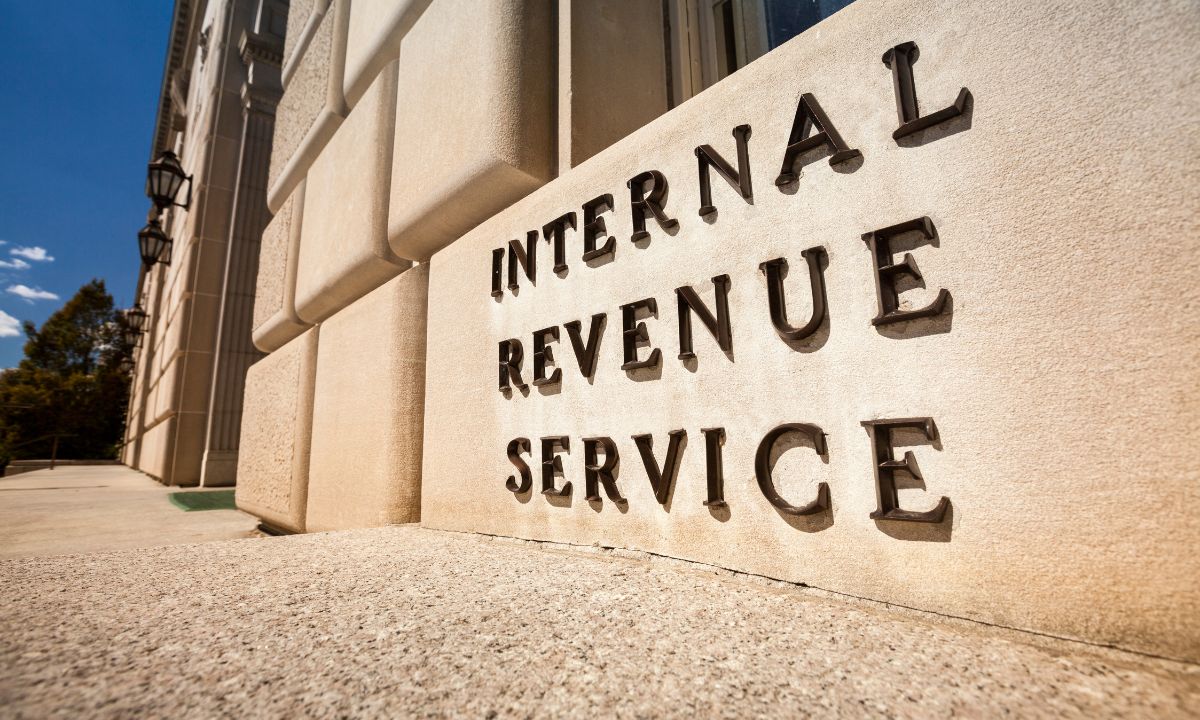 As a real estate agent, one of the most exciting and important steps in selling a home is preparing for your first open house. This is an excellent opportunity to show off your property to a wide range of potential buyers. While it may feel overwhelming at first, I’m here to guide you through the process to ensure everything goes smoothly and that you maximize your chances of selling.
As a real estate agent, one of the most exciting and important steps in selling a home is preparing for your first open house. This is an excellent opportunity to show off your property to a wide range of potential buyers. While it may feel overwhelming at first, I’m here to guide you through the process to ensure everything goes smoothly and that you maximize your chances of selling.
1. Setting the Stage: Preparing the Home
The first and most crucial step is preparing the home for visitors. A clean, clutter-free, and well-maintained home will make a much stronger impression than one that’s messy or in need of repairs. Start by deep-cleaning every room, organizing spaces, and removing personal items like family photos. You want potential buyers to be able to imagine themselves in the space.
Consider small updates like fresh paint, new lighting, or fixing any minor repairs. If your budget allows, staging the home can make a big difference. It helps to highlight the home’s strengths and shows buyers how they can use the space.
2. Promoting Your Open House
Once the home is ready, it’s time to get the word out. As your real estate agent, I will help create a marketing plan to attract as many buyers as possible. This might include online listings, social media posts, and email campaigns. We will also create flyers and signage to direct potential buyers to the open house.
The more visibility we can get for the event, the better. We will schedule the open house at a time that maximizes traffic—typically during the weekend or in the early evening, when people are free from work.
3. What to Expect When Buyers Arrive
When buyers show up at the open house, I will be there to greet them, show them around, and answer any questions they may have. You’ll also likely be asked to sign in as a formality—this helps me track who attended and follow up with those who showed interest.
During the tour, I will guide the visitors through the home, pointing out key features and answering any questions they have about the property. I encourage you to let me handle the showings, so you can avoid distractions and focus on making sure the home looks inviting.
4. Answering Questions from Buyers
Visitors may ask questions about the home, the neighborhood, or the property’s history. As the seller, your insight is invaluable. You’ll want to be ready to discuss things like recent renovations, your experience living in the area, or any unique features of the property that stand out. Don’t worry, I’ll help you with the talking points, but your personal touch makes all the difference.
If you’re unsure about any specific questions, feel free to let me know, and I’ll follow up with more information after the event.
5. Creating a Welcoming Environment
The atmosphere at the open house should be as welcoming and neutral as possible. Make sure the home is well-lit, free of strong odors, and at a comfortable temperature. Consider offering refreshments like water or coffee to help buyers feel at ease.
If you’re hosting the open house during colder months, ensure the home is warm, and if it’s summer, keep the house cool. Small touches like fresh flowers or a bowl of candy can go a long way in creating a pleasant environment for visitors.
6. Follow Up After the Open House
After the open house, I will reach out to everyone who attended to gauge their interest. I’ll gather feedback, answer any lingering questions, and see if they’d like to schedule a private tour or make an offer. Your feedback is also crucial—if anything stood out to you about the event or specific visitors, please let me know!
Following up after the open house is key to converting interest into an offer.
Your first open house is a significant moment in your home-selling journey, and with the right preparation, it can lead to a successful sale. By setting the right expectations, creating a welcoming environment, and allowing me to handle the details, we’ll work together to make the process as smooth and effective as possible.
Let’s get started! We are here every step of the way to ensure you achieve the best possible outcome!
 When preparing your home for sale, there’s a checklist of tasks to tackle like decluttering, staging, and perhaps making minor repairs. One item that often gets overlooked, yet is critically important, is checking for open permits on your property. Ignoring this step could lead to unexpected delays, renegotiations, or even jeopardizing your sale entirely. Here’s what you need to know about open permits and why resolving them is vital.
When preparing your home for sale, there’s a checklist of tasks to tackle like decluttering, staging, and perhaps making minor repairs. One item that often gets overlooked, yet is critically important, is checking for open permits on your property. Ignoring this step could lead to unexpected delays, renegotiations, or even jeopardizing your sale entirely. Here’s what you need to know about open permits and why resolving them is vital. Selling a home in winter can be just as successful as selling in any other season, with the right strategy. While colder weather may present unique challenges, there are plenty of opportunities to make your home stand out. If you’re ready to list your home during the winter months, follow these valuable tips to increase your chances of success.
Selling a home in winter can be just as successful as selling in any other season, with the right strategy. While colder weather may present unique challenges, there are plenty of opportunities to make your home stand out. If you’re ready to list your home during the winter months, follow these valuable tips to increase your chances of success. Selling your home can be an exciting yet daunting process, and one of the most pressing questions you may have is, “What will it cost me?” The total expenses involved in selling a home can fluctuate based on various factors, including the sale price, any concessions you might offer to buyers, and the condition of your property. Understanding these costs upfront can help you plan better and minimize surprises down the road.
Selling your home can be an exciting yet daunting process, and one of the most pressing questions you may have is, “What will it cost me?” The total expenses involved in selling a home can fluctuate based on various factors, including the sale price, any concessions you might offer to buyers, and the condition of your property. Understanding these costs upfront can help you plan better and minimize surprises down the road. If you’re selling your home, you might be surprised to learn that certain information regarding the sale must be reported to the IRS. This requirement stems from the Tax Reform Act of 1986 and is meant to ensure compliance with tax laws and to assist the IRS with audits.
If you’re selling your home, you might be surprised to learn that certain information regarding the sale must be reported to the IRS. This requirement stems from the Tax Reform Act of 1986 and is meant to ensure compliance with tax laws and to assist the IRS with audits. Selling your home is an exciting journey, but receiving a lowball offer can feel like a setback. While it might be tempting to reject such offers outright, handling them with patience and strategy can often lead to a better outcome. Here’s how to effectively manage lowball offers on your home.
Selling your home is an exciting journey, but receiving a lowball offer can feel like a setback. While it might be tempting to reject such offers outright, handling them with patience and strategy can often lead to a better outcome. Here’s how to effectively manage lowball offers on your home. Have you ever had a conversation with a total stranger where you said something that you regret? If you are placing your house or condo on the market, you’re eventually going to end up having to chat with potential buyers. Yes, your real estate agent is likely to do most of the talking. However, you will still have to deal with buyers who want to grill you about the home’s history, condition, and more.
Have you ever had a conversation with a total stranger where you said something that you regret? If you are placing your house or condo on the market, you’re eventually going to end up having to chat with potential buyers. Yes, your real estate agent is likely to do most of the talking. However, you will still have to deal with buyers who want to grill you about the home’s history, condition, and more. For many people, putting their home up for sale is an exciting time. With real estate on the rise, there are plenty of opportunities to see financial gains. Unfortunately, even if you’re selling your home, there are still going to be costs involved before ownership is transferred. If you want to be prepared for what to expect, here are some costs to watch out for.
For many people, putting their home up for sale is an exciting time. With real estate on the rise, there are plenty of opportunities to see financial gains. Unfortunately, even if you’re selling your home, there are still going to be costs involved before ownership is transferred. If you want to be prepared for what to expect, here are some costs to watch out for. Are you thinking about selling your home? If so, you may be weighing the pros and cons of working with a professional real estate agent. Let’s take a quick look at three great reasons why you won’t want to handle the sale yourself.
Are you thinking about selling your home? If so, you may be weighing the pros and cons of working with a professional real estate agent. Let’s take a quick look at three great reasons why you won’t want to handle the sale yourself. Most homeowners are so enthusiastic about putting their home on the market and getting the price they’re hoping for that the expenses involved in selling a home are forgotten. However, it’s often said that one has to spend money to make money, and selling a home is no exception! If you’re wondering what kinds of overlooked expenses will cut into your home sale, here are some costs to consider.
Most homeowners are so enthusiastic about putting their home on the market and getting the price they’re hoping for that the expenses involved in selling a home are forgotten. However, it’s often said that one has to spend money to make money, and selling a home is no exception! If you’re wondering what kinds of overlooked expenses will cut into your home sale, here are some costs to consider.